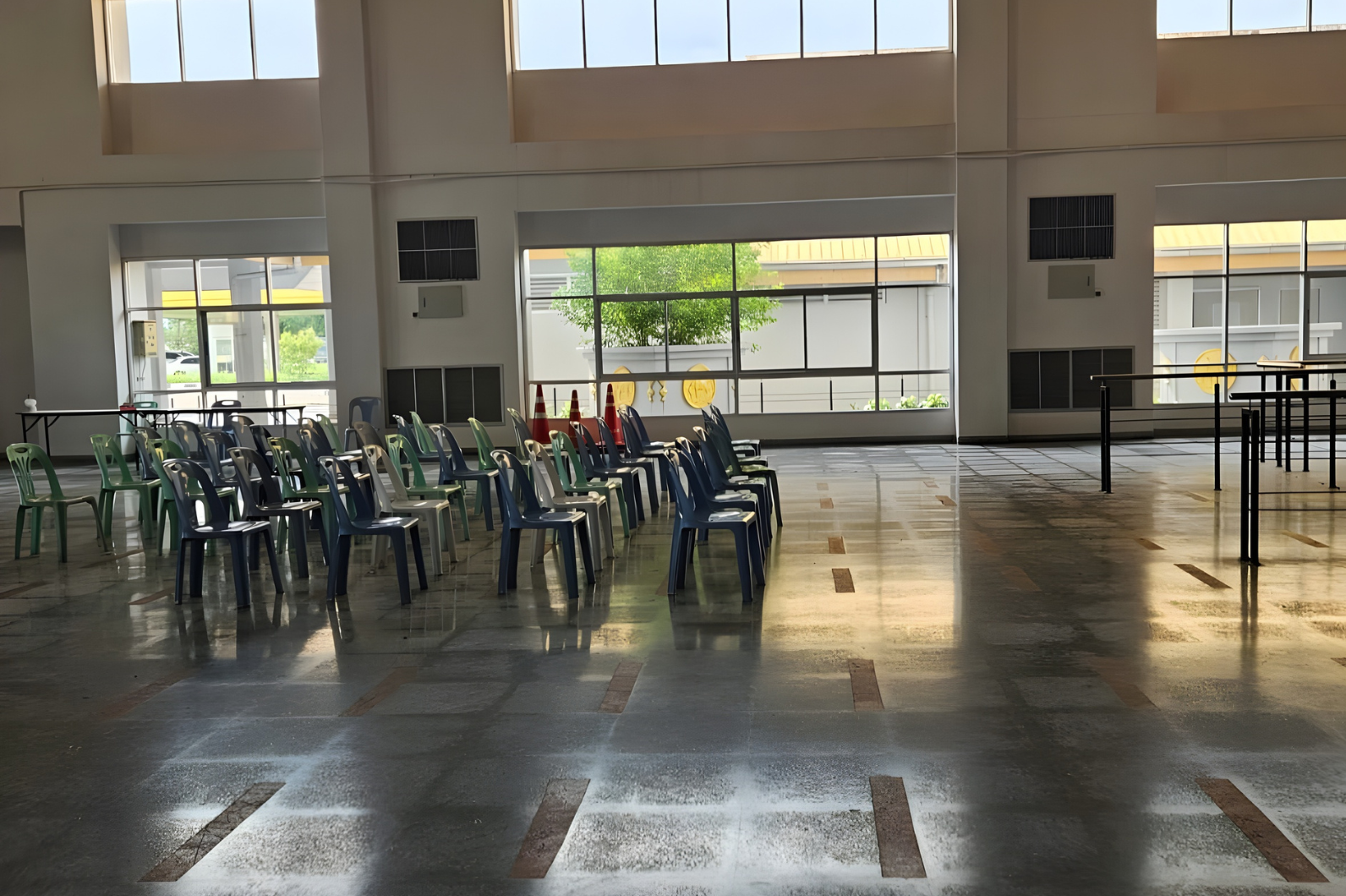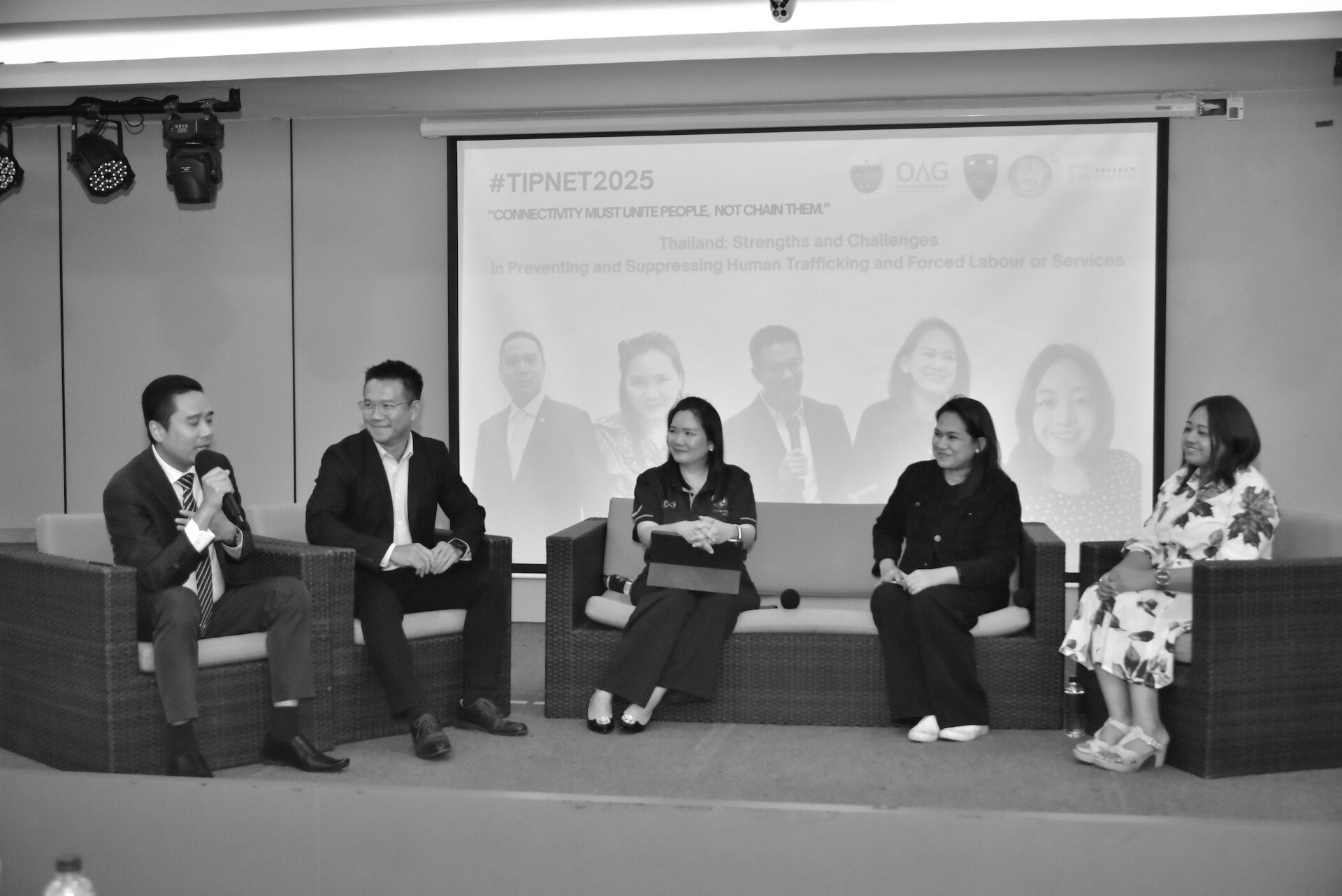The final phase in a series of training events on survivor inclusion for East African civil society organizations (CSOs) was held in Juba, South Sudan, last week, focusing on ethical inclusion, security, and a trauma-informed approach.
“Regional CSO Training on Including Survivors’ Voices” was designed by Kenya-based NGO Awareness Against Human Trafficking (HAART) to enhance CSO capacity to effectively engage survivors of trafficking and violence, and to empower organizations to support survivors in meaningful ways. The training has previously been delivered in Addis Ababa, Nairobi, Kampala and Hargeisa to other CSOs in the East and Horn of Africa Anti-Trafficking (EHAAT) Network.
Building Survivor-Centered Practices
The program has significantly enhanced the capacity of EHAAT members to engage and support survivors of trafficking and exploitation with sensitivity and professionalism, equipping participants with the skills needed to work responsibly with survivors and ensure their voices are included without compromising their safety or wellbeing. By helping embed survivor engagement into organizational culture, the training also ensures CSOs can implement long-term sustainable practices that center survivor perspectives, strengthening the overall impact and effectiveness of their anti-trafficking efforts.
The series was developed in response to a detailed needs assessment conducted during an EHAAT CSO Forum in 2022. HAART was then contracted by the Better Migration Management (BMM) Programme to design and deliver a curriculum that addressed the unique challenges CSOs face when engaging survivors. The training content has now been consistently delivered across all locations, facilitated by BMM, which is funded by the European Union and Germany. It ensures a unified learning experience for all participants and, to further support their learning journey, video tutorials for all sessions are now being developed as self-study materials, providing a resource for future reference.
The event included a comprehensive introduction to survivor engagement, covering key concepts such as trafficking in human beings, the importance of survivor inclusion, and the critical need for security, anonymity and confidentiality. Sessions also explored the trauma-informed approach, and the importance of preventing re-traumatization and re-victimization.
Embedding Inclusion Into Organizational Culture
Participants further learnt about the importance of ethical storytelling and how to implement it responsibly at all stages of community interaction. Through practical exercises, group discussions, and case studies, they learnt to expand testimonials into more profound, impactful narratives. The training also covered ways in which to institutionalize survivor engagement and foster an organizational culture that prioritizes survivor involvement, including the establishment of leadership programs and capacity-building initiatives. This included detailed discussions on organizational structures such as advisory boards, along with budget planning, policies, communication channels, and human resource planning, with guidance on how to recruit and integrate survivors as staff and consultants.
This final training in Juba solidified the commitment of EHAAT members to ethically and effectively engage survivors, providing a comprehensive understanding of ethical practices, security considerations, and institutional strategies.
One participant commented that she had gained valuable knowledge relating to human trafficking and other types of exploitation, and expressed hopes that the training will help organizations in the region change their culture to better assist people and institutionalize survivors’ voices. She said that her organization now planned to focus more on a trauma-informed approach, taking steps to avoid re-traumatization and re-victimization, and ensuring that survivors are actively engaged, comfortable and informed before they become anti-trafficking advocates in their local communities.



